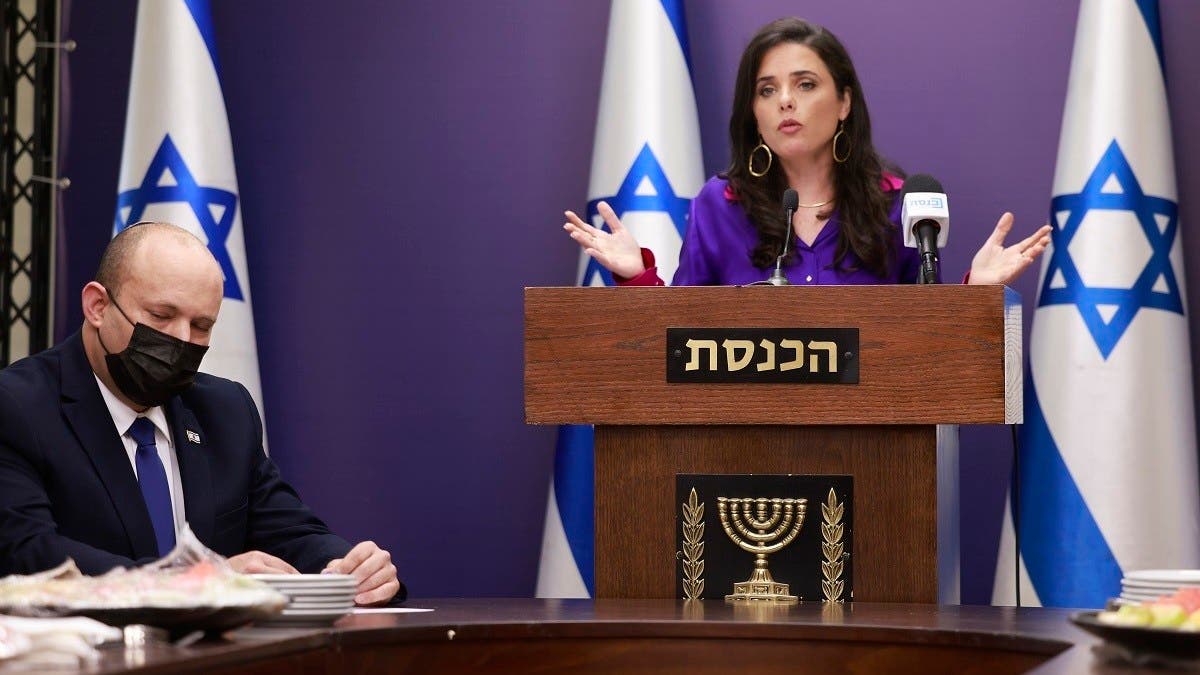Israel is prepared to permit Palestinian-American dual nationals to transit its territory as part of an emerging US visa waiver deal for its citizens, a top Israeli official said on Tuesday.
With US-sponsored peacemaking long stalled and violence simmering in the occupied West Bank and in Gaza, Israel strictly limits access by Palestinians – including to the Tel Aviv and Eilat airports, both a few hours’ drive from the territories.
For the latest headlines, follow our Google News channel online or via the app.
Instead, Palestinians coming in from abroad generally make more onerous trips through Jordan and the Israeli-run West Bank boundary, or through Egypt’s Sinai desert, which borders Gaza.
Giving Palestinian-Americans domiciled in the territories an Israel-transit option “is a demand by the Americans going back many years,” Israeli Interior Minister Ayelet Shaked said.
“The Shin Bet (Israeli security service) can handle it, and in the context of the visa waivers – if that process does indeed happen – an American who also has Palestinian citizenship will be able to enter Israel like any American,” she told reporters.
The deal could be concluded in February 2023, she added.
US State Department spokesman Ned Price, discussing the visa waiver talks on Dec 28, said Washington would “continue to work with Israel toward fulfilling the equal treatment of all Americans … seeking to enter or transit through Israel.”
Shaked said her staff was also addressing US complaints that Arab-Americans are subject to unusually intrusive questioning by Israeli airport security.
Among proposals, she said, was for security agents to receive airline passenger lists 12 hours in advance, to enable more selective screening.
Another condition for US visa waiver is reducing the current Israeli applicant refusal rate to 3 percent, both sides say.
Shaked said 40 percent of those rejected filled in application forms incorrectly, and that her ministry was considering offering instructional materials to rectify this.
Read more:
Concerns grow as condition of Palestinian prisoner on hunger strike turns ‘critical’
Israel’s defense minister meets with Palestinian president
Israel announces completion of ‘smart fence’ around Gaza Strip

 World2 years ago
World2 years ago
 World2 years ago
World2 years ago
 Entertainment7 years ago
Entertainment7 years ago
 World7 years ago
World7 years ago
 Entertainment7 years ago
Entertainment7 years ago






